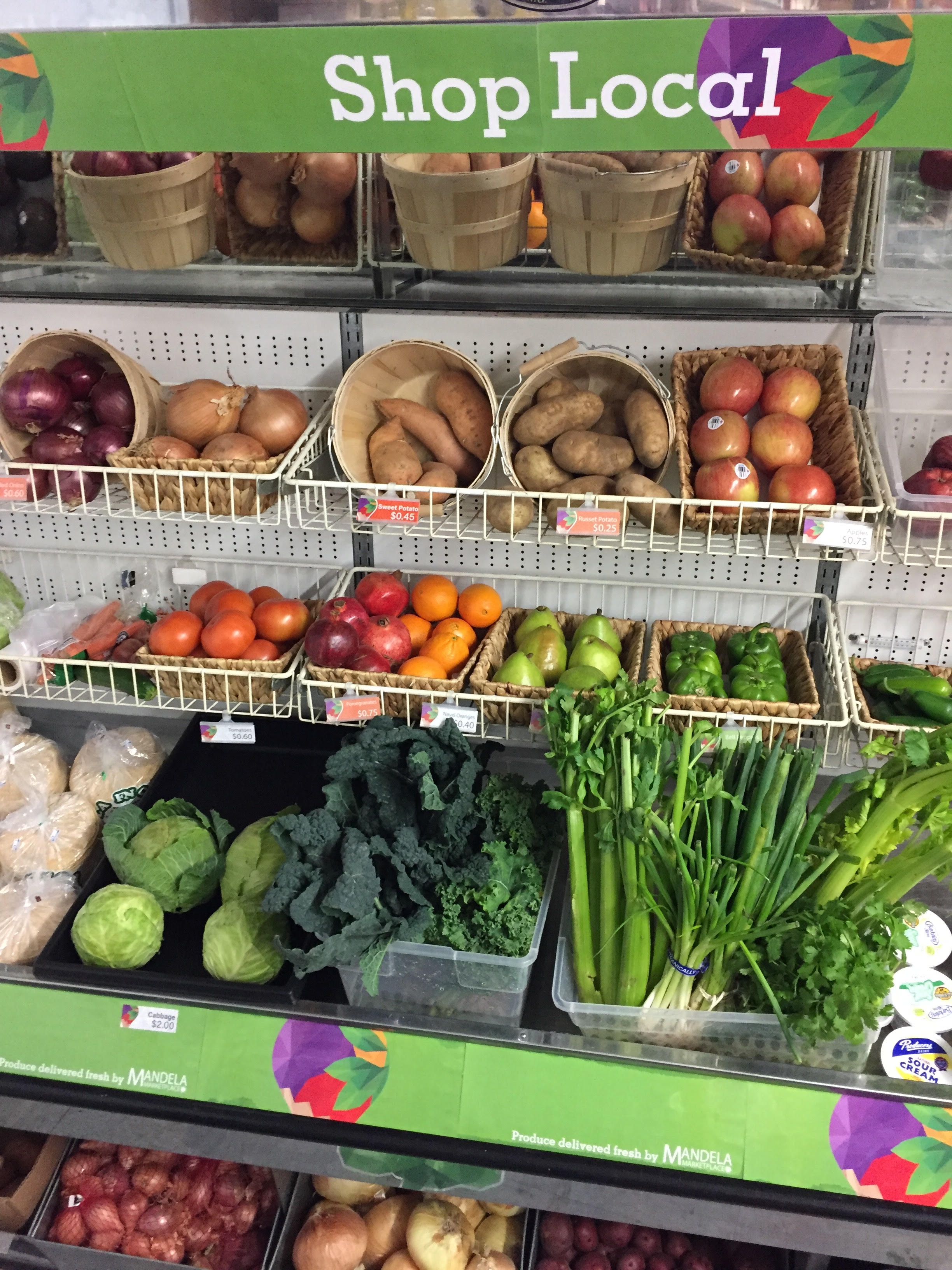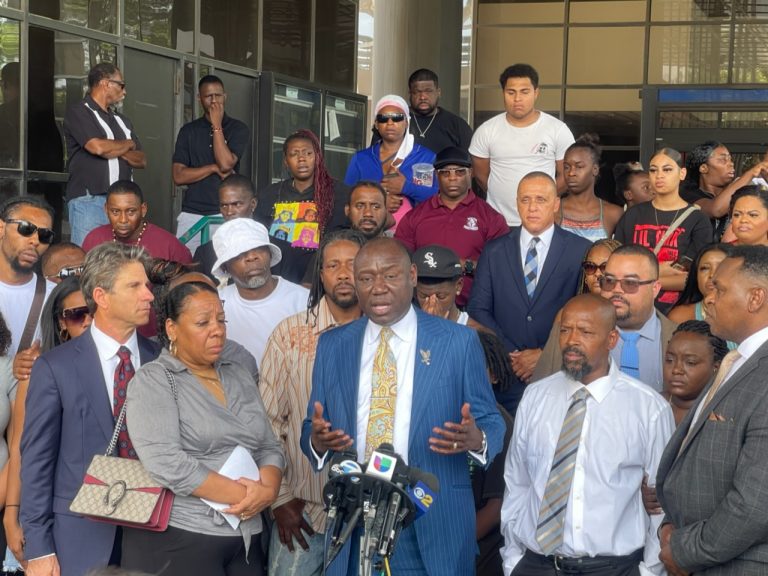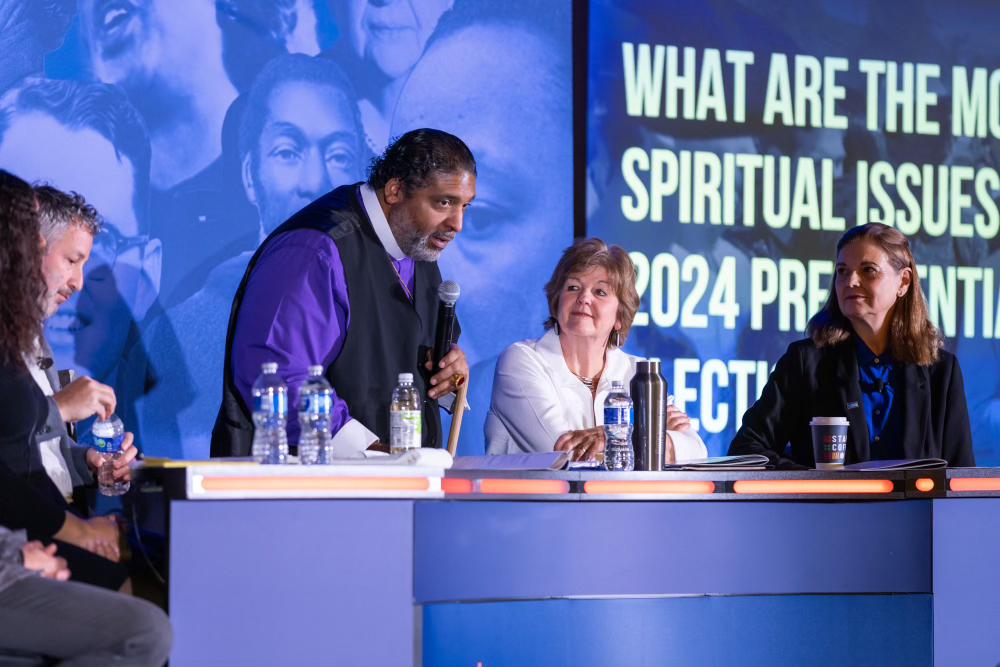
By McKenzie Jackson/California Black Media
Almost 1 million Californians were said to live in “food deserts” according to data released by the U.S. Department of Agriculture over 5 years ago. Today shoppers at the Rowaid Market in East Oakland are seeing a lot of crisp and delicious green and have set up a new model to address and end the food desert in their community.
The Bay Area corner store has sat near the intersection of 90th and Bancroft Avenues since 1978, but its customers – mostly African American and Hispanic – have never had fresher food days until now.
Bags of chips, candy bars and other unhealthy bites used to dominate the retailer’s checkout counter, but now freshly picked heads of lettuce, tomatoes, bananas, pears, pomegranates, corn and other healthy foods are making their way from the grocery’s revamped produce section to the bags of customers thanks to a program the 38-year-old store recently entered run by Mandela MarketPlace in partnership with the Alameda County Public Health Department.
Kied Nagi, son of Rowaid Market owner Yahia Nagi, said 40 percent of the shop’s 200 daily customers indulge in the fruitage section; a huge jump from the five to 10 percent of patrons that bought fruits and vegetables at the market in past years.
“We have almost everything people would need,” the younger Nagi said of neighborhood shoppers. “They come in and see we have fresh fruits and vegetables at a good price. That means they don’t have to go far to get them.”
Rowaid Market is one of three East Oakland groceries – Harry Drive In and 7 Amigos are the others – in Mandela’s Health Retail Network, aimed at helping retailers improve community access to healthier foods and boost local economic growth opportunities.
Mandela, an Oakland nonprofit focused on improving health, creating wealth and building assets through cooperative food enterprises in low-income communities, and the neighborhood market celebrated their partnership on Dec. 14 by showcasing a live delivery of blooming produce.
Mandela Executive Director Dana Harvey said some Oakland communities have suffered from intentional public disinvestment such as lack of access to healthy eats for too long.
“For 15 years, Mandela MarketPlace has worked to resource community-based businesses, like Rowaid Market, to ensure all our neighbors can meet their food needs, expand economic opportunity and increase their own self-reliance,” he said.
Mandela chooses stores to work with based on census data and existing information or partnerships with local schools, health centers or other organizations.
Mandela has worked with Alameda’s health department since 2013 to transform corner stores into healthy marketplaces. The partnership is funded by the county’s Measure A, a strategy to build robust communities.
A 2014 study by ChangeLab Solutions revealed residents in many parts of Alameda County rely on convenience stores and small food retailers with a limited selection of healthy foods.
The health department’s Community Health Services Division Director, Quamrun Eldridge, said the goal is to increase access to beneficial food and reduce access to unhealthy groceries in neighborhoods where quality meals are not easily accessible.
Markets in the Mandela program gain access to reduced rate, high-quality greengrocery because of group’s work with hyper-local farms and produce distributors.
Kied Nagi, who helps his dad operate Rowaid Market, said the contract with Mandela makes quality produce affordable.
“With this program, we get the fresh fruit and vegetables for the community for a good price,” Nagi said.
Mandela ships two loads of produce to Rowaid Market three times a week and similar quantities to the other nine Oakland stores in the Healthy Retail Network.
The network stores receive fresh vegetables, whole grain breads and tortillas, nutritious snacks and proteins such as beans, eggs and meat. Dairy products, bottled water, juices and smoothies are also shipped.




